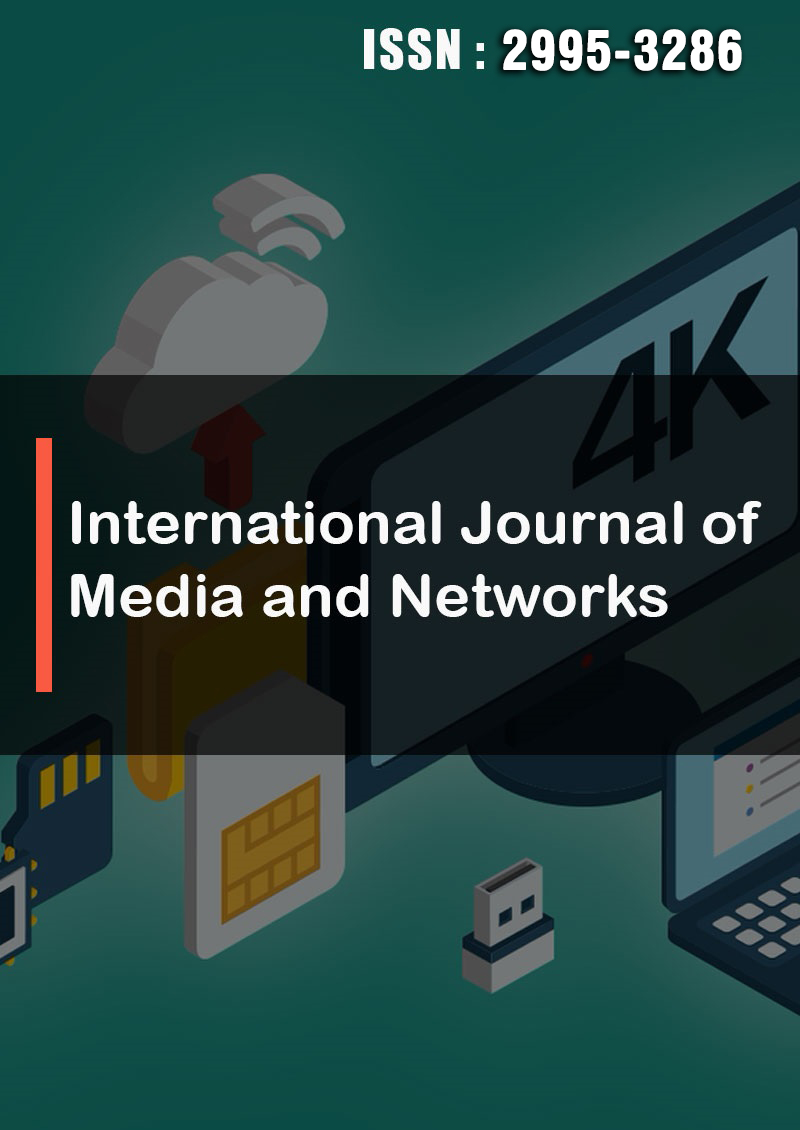Emotional Dimorphism in Pedagogy: Assessing Gender Response to Active Methodologies
Abstract
Pablo Rosser and Seila Soler
This study investigated the interplay between gender, emotions, and active methodologies in education. It was found that women had a higher average of affective responses before activities (2.874 compared to 2.607 in men). Subsequently, men experienced an increase in their affect average, while it remained stable for women.
The analysis showed an increase in positive emotions such as "Interested" and "Excited" across both genders. The Wilcoxon tests indicated significant differences in specific emotions before and after the activities. The Mann-Whitney Test revealed significant gender differences in emotional responses.
The hypothesis analysis demonstrated notable gender-based differences in affective changes, particularly more pronounced in women. This underscores the importance of considering gender-specific emotional differences in teaching.
From a pedagogical perspective, the findings highlight the necessity of tailoring teaching to these emotional differences and emphasize the effectiveness of active methodologies and critical pedagogy in enhancing engagement and participation. Educator training in gender emotional differences is crucial, along with ongoing reflection on teaching practices to effectively meet students' emotional needs and prioritize their emotional well-being and mental health.




